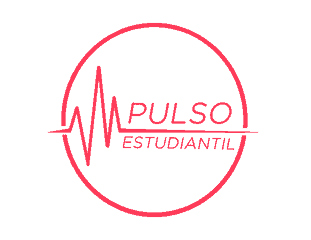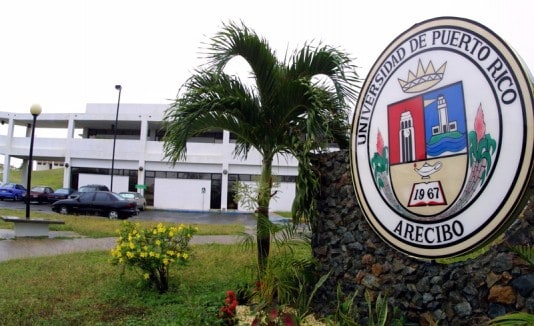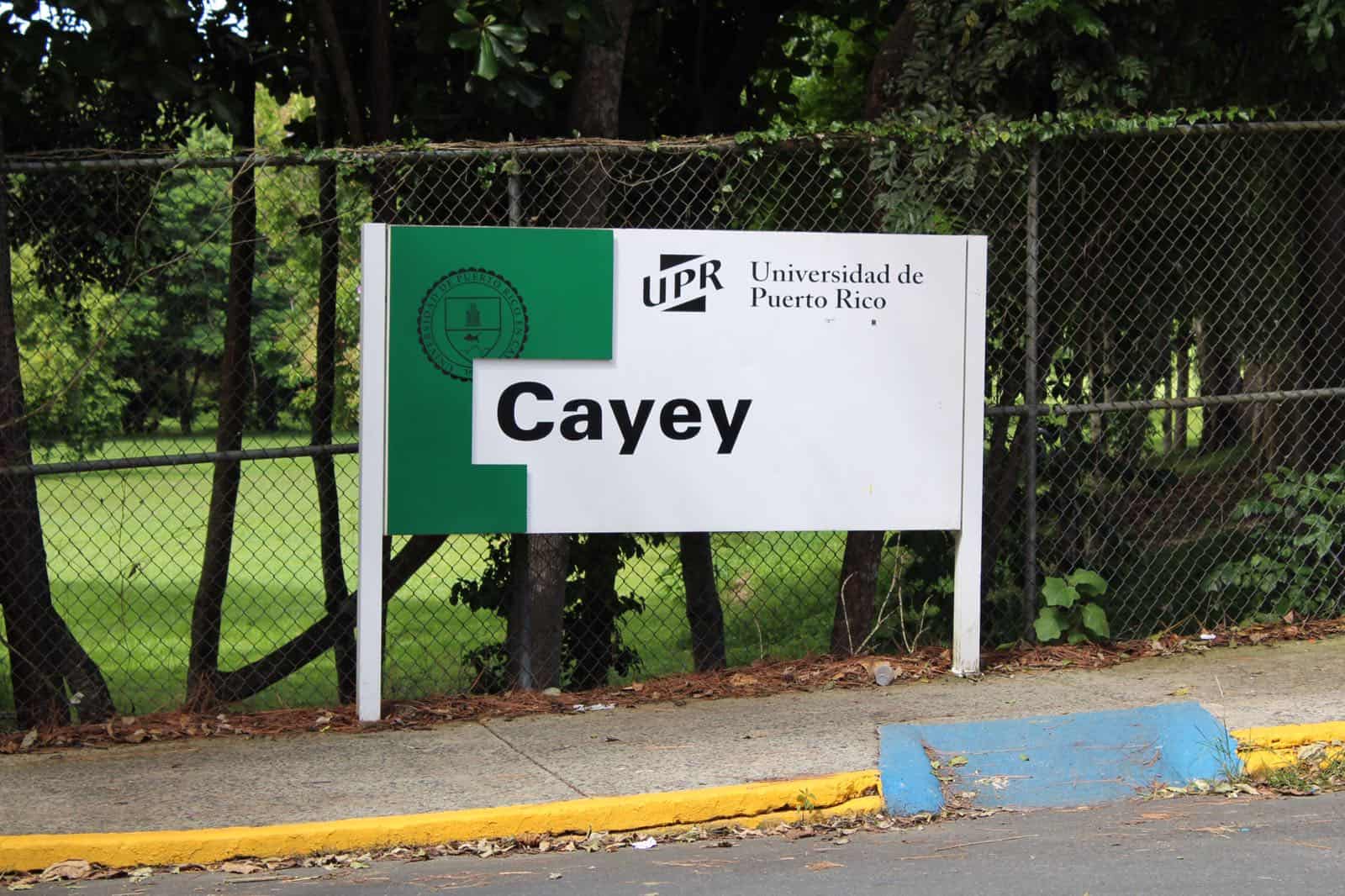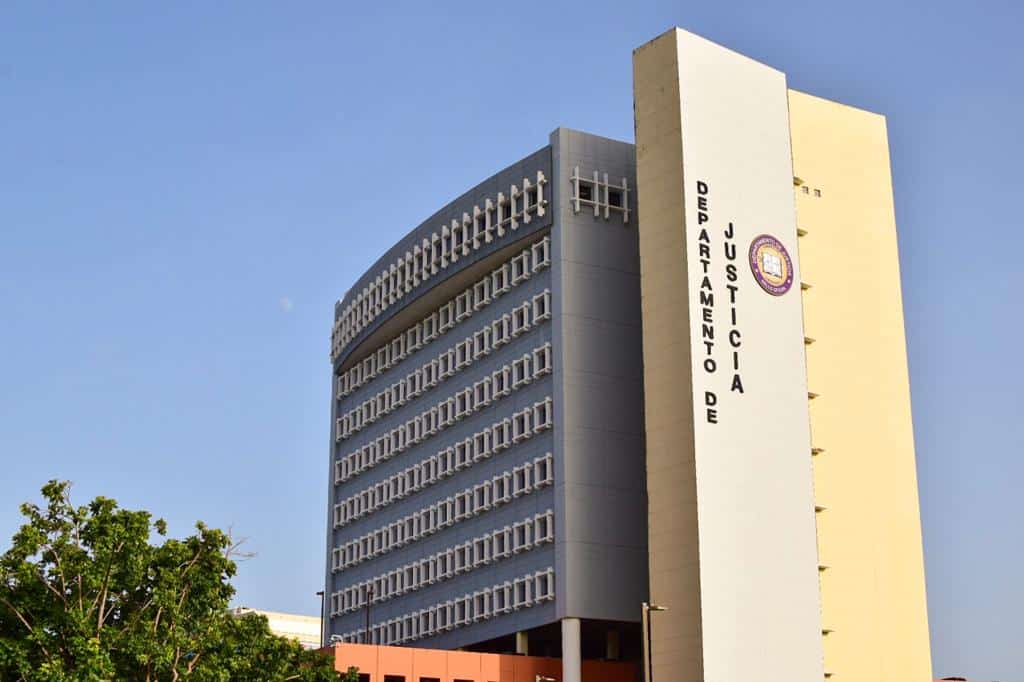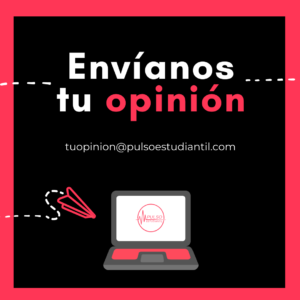Here’s what you might have missed last week:
The General Student Council (CGE, in Spanish) of the University of Puerto Rico (UPR) in Carolina reported the academic dean of the campus, Trinidad Fernández Miranda, because of unethical and immoral conducts by obligating students to buy her textbook in a mandatory manner for the classes she provides.
The student body explained that Fernández Miranda is a professor in West Culture studies. The letter of the CGE to the Internal Auditing Office (OAI, sin Spanish) indicated that the professor gathered students in a parking lot near the university to sell a textbook worth 25 dollars, which contains assignments that will be delivered in class, as well as tests and quizzes. The letter also explains that the dean required that the payment be made in cash and without a receipt. An anonymous complaint was emitted on January 22nd to the OAI.
Evelyn Itzel Santillán Casanovas, an academic senator in UPR Carolina, assured that the professor in question has knowledge that the acts committed go against certification number 59 of the Academic Senate of Carolina that stipulates that the selling of textbooks must not be required for students, and that a receipt of purchase must be provided.
Professors of the UPR Río Piedras Campus received training from professionals from the State University of New York (SUNY) concerning crisis and trauma management during catastrophic events, in hopes to help communities affected by the earthquakes that began on December 28. The event had an audience of around fifty people, including professors and graduate students from programs such as Social Work, Psychology and Rehabilitation Counseling.
In other news, the Committee Solidarity in Marching and the Project PATRIA will develop a series of questionnaires in order to evaluate the needs for residents in Lajas, Guayanilla, Yauco and Peñuelas, in hopes to better assist the affected communities. The participation of graduate students specializing in mental health departments was initially voluntary. But since the academic semester began, students will be able to participate in the project through internship programs.
Pulso Estudiantil journalist Luis D. Alfaro Pérez includes a helpful advice on how to be more responsible this academic semester. Some useful recommendations include setting priorities and not leaving everything for the last minute.
A systematic protest pronounced by students in the UPR on April 5th, 2017, was the method by which they opted to express their claims against budget cuts suggested by the Financial Oversight and Management Board of Puerto Rico, federal entity that administers the finances of the country to the UPR administration.
Here, Gabriela Carrasquillo Piñeiro presents a chronological explanation of the events that have occurred since those protests in 2017. Even after 2 years and 9 months, seven students from the IUPI are facing charges for major and minor felonies.
The members of the Brotherhood of Extensive Non-teaching Employees (Heend, in Spanish) of the University of Puerto Rico have disowned the decision taken by the Government Board that approved salary suspensions to the employees of the units that had protests last semester. The president of the union, Janell Santana Andino, expressed that members will adopt a “no collaboration, no cooperation” attitude for people that were in favor of the decision. This implies that employees will not do more labor than the assigned ones.
The students of the Mayagüez University Campus (RUM) reported cracks on institutional buildings after a magnitude 5.0 earthquake shook Puerto Rico last Tuesday. Because of this, the CGE of RUM has communicated with the Emergency Committee of that campus in order to provide a thorough inspection of the most affected buildings after the earthquake.
Before the beginning of the semester, the buildings were inspected by the Inspection Committee, led by properly certified Civil Engineering professors. Nonetheless, students have urged a second inspection due to the recent earthquakes.
Leaders and representatives of the student community, teaching and non-teaching of the University of Puerto Rico in Arecibo have demanded the publication of a 162 paged document with the complete structural status of the campus building due to the recent earthquakes.
On January 13, the administration provided a brief 4 paged structural report that occurred in UPR in Arecibo. The report explains that “the buildings in the campus don’t appear to have suffered structural damages related to the seismic events that have recently occurred in Puerto Rico”. Nonetheless, the document did not decided to verify the original structural design, but rather identify possible cracks in plain sight.
JLDN
